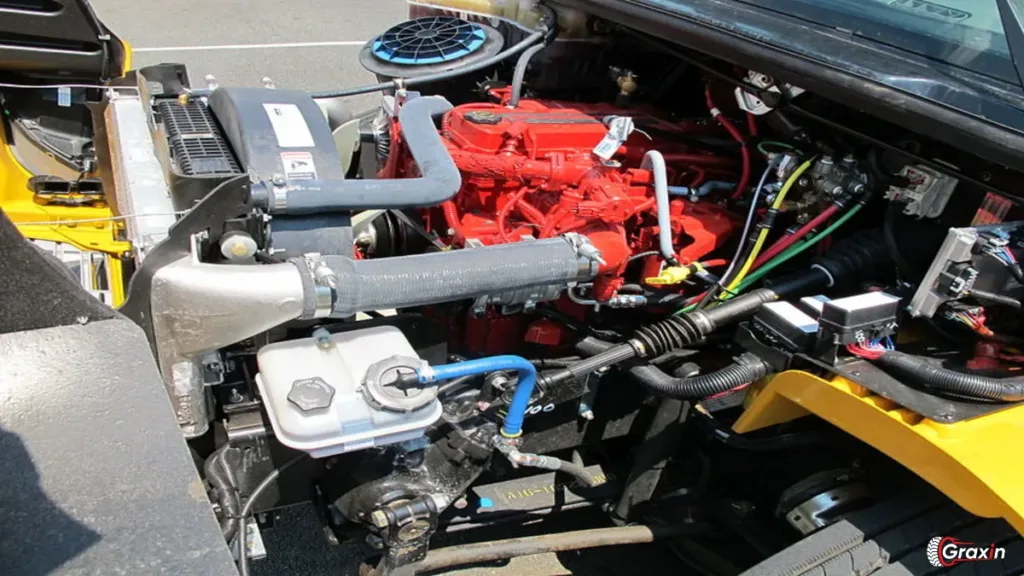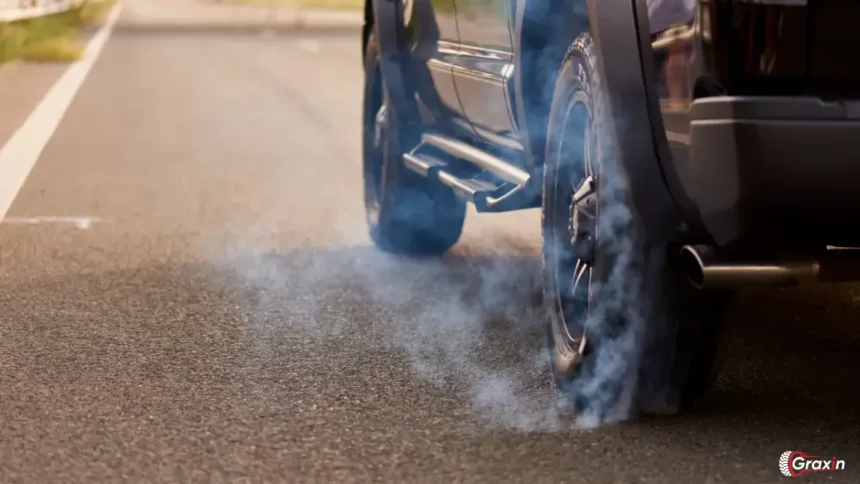Introduction
It’s like pressing down on the accelerator, but feels as if your car hesitates and then surges forward. Frustratingly, right? Because it disrupts the flow of traffic, but more importantly, it raises a red flag that something is wrong under the hood. But what exactly causes this hesitation? And more importantly, how can you fix it? In this article, let’s take a deep dive into common reasons why the car hesitates on accelerating and how these issues are resolved so that your ride feels just nice and smooth.
Understanding Car Acceleration Issues
What Is Car Hesitation?
Car hesitation is the brief moment where your automobile seems to stall or delay in picking up speed after you step on the gas pedal. It’s like the car thinks whether it wants to go or not. It may happen while driving at low speeds, high speeds, or when you are going uphill.
How Common Is This Problem?
However, surprisingly, hesitation while accelerating is an ordinary problem many people face. This could appear as a new car or the old type and could be attributed to a number of mechanical or electrical faults. Whichever the case, be it manual or automatic, it is something taken very seriously.
Common Causes of Car Hesitation When Accelerating
Several potential issues could be behind your car’s hesitation. Let’s break down the most common culprits:
Fuel System Issues
Your car needs the right amount of fuel to function properly. Problems with the fuel system can lead to hesitation, among other performance issues.
- Clogged Fuel Injectors: Fuel injectors deliver fuel to your engine, and if they’re clogged, the engine won’t get enough fuel, leading to hesitation.
- Faulty Fuel Pump: A bad fuel pump can result in inconsistent fuel delivery, making acceleration sluggish or delayed.
Ignition System Problems
If the engine isn’t igniting fuel properly, this can also lead to hesitation.
- Worn Spark Plugs: Spark plugs ignite the air-fuel mixture in the engine. Over time, they wear out and fail to ignite the fuel properly, causing hesitation.
- Faulty Ignition Coils: Ignition coils generate the high voltage needed to create a spark at the spark plugs. If they’re malfunctioning, acceleration will be affected.
Air Intake Problems
Your engine requires a specific air-fuel mixture to run smoothly. If there’s an issue with air intake, your car might hesitate.
- Dirty Air Filter: A clogged air filter restricts airflow to the engine, causing hesitation during acceleration.
- Mass Air Flow (MAF) Sensor Issues: The MAF sensor measures the air coming into your engine. If it’s faulty, your car may hesitate due to an incorrect air-fuel ratio.
Transmission-Related Problems

Your transmission is responsible for shifting gears, and when it malfunctions, hesitation is often a symptom.
- Slipping Transmission: If your transmission is slipping, it can delay gear engagement, leading to hesitation.
- Delayed Gear Engagement: Especially in automatic cars, delayed shifting can cause a lag in acceleration.
Diagnosing the Issue
Before diving into any repairs, it’s essential to diagnose the root cause of the problem.
Step-by-Step Troubleshooting Guide
- Listen and Observe: Does the hesitation occur at low or high speeds? Does it only happen when the engine is cold or warm? These clues can help narrow down the issue.
- Check for Warning Lights: If your check engine light is on, plug in a diagnostic scanner to retrieve trouble codes.
- Inspect the Engine Components: Look for obvious signs of wear, such as frayed spark plug wires or a dirty air filter.
Using Diagnostic Tools
A diagnostic tool or OBD-II scanner is a handy device that can help identify trouble codes, providing insights into what’s causing the hesitation.
Solutions for Car Hesitation When Accelerating

Once you’ve pinpointed the issue, the next step is to fix it.
Fixing Fuel System Issues
- Clean or Replace Fuel Injectors: A simple cleaning can restore injector functionality, or they may need replacing.
- Fuel Pump Replacement: If the fuel pump is failing, replacing it is often the only solution.
Repairing or Replacing Ignition Components
- Change Spark Plugs: Replacing old spark plugs can often solve the problem of hesitation.
- Replace Ignition Coils: Faulty coils need to be replaced to ensure proper ignition.
Cleaning or Replacing Air Filters
- Clean the Air Filter: Sometimes, all it takes is a good cleaning. If the filter is beyond saving, a replacement is cheap and effective.
- MAF Sensor Replacement: If cleaning the MAF sensor doesn’t work, it may need replacing.
Addressing Transmission Problems
- Transmission Fluid Check: Sometimes, low or dirty transmission fluid is the culprit. Topping off or replacing the fluid can solve hesitation issues.
- Transmission Repair: In more severe cases, you might need to take the car to a professional for transmission repair or replacement.
Preventing Car Hesitation in the Future
Taking care of your car can help prevent acceleration issues from happening again.
Regular Maintenance
Routine maintenance like oil changes, air filter replacements, and fuel system cleanings can go a long way in keeping your car running smoothly.
Importance of Quality Fuel and Oil
Always use the recommended fuel grade for your vehicle, and don’t forget to use quality oil during oil changes.
Keeping an Eye on Warning Lights
Never ignore warning lights. They’re your car’s way of telling you something needs attention.
When to Consult a Mechanic
Some issues are DIY-friendly, but others might require professional help.
DIY vs Professional Help
If the problem persists after your attempts to fix it, or if you’re unsure about the diagnosis, it’s time to consult a mechanic. They have the expertise and tools to handle more complex repairs.
Conclusion
A car which hesitates to pick up upon acceleration is very annoying, but it may be a symptom of something serious. Thus, solving the problem immediately can ensure your car will run as smoothly as it was at its best and is safe to drive around in again.
FAQs
1. What should I do if my car hesitates only when cold?
Cold starts can highlight underlying issues like faulty sensors or a dirty fuel system. It’s best to start with checking the MAF sensor and fuel injectors.
2. Can dirty fuel cause hesitation?
Yes, dirty or contaminated fuel can clog injectors, leading to poor engine performance and hesitation during acceleration.
3. How often should I change spark plugs to avoid hesitation?
On average, spark plugs should be changed every 30,000 to 50,000 miles, but always check your car’s manual for specific recommendations.
4. Is it safe to drive a car that hesitates?
It’s not recommended to ignore hesitation, as it could indicate a serious issue. Continuing to drive could lead to bigger problems or even breakdowns.
5. Will a check engine light come on if hesitation occurs?
In many cases, yes. A check engine light could indicate issues related to the ignition, fuel system, or air intake.







